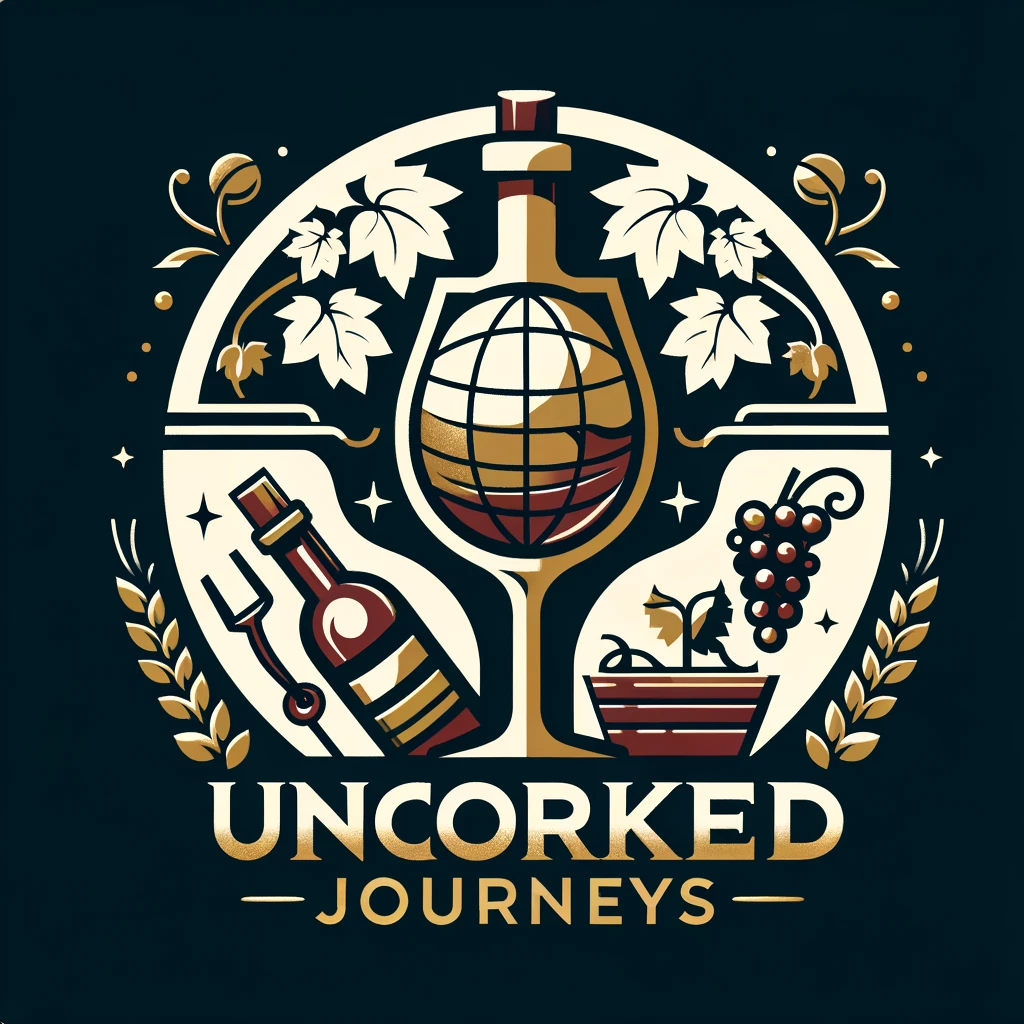Douro Valley
The Douro Valley in Portugal is one of the world's oldest and most celebrated wine regions, steeped in centuries of tradition and cultural heritage. Known primarily as the birthplace of port wine, the region’s winemaking history dates back to ancient times, when the Romans cultivated vines on its steep terraced slopes. Over the centuries, local farmers honed their craft, creating a unique wine culture that balances respect for tradition with innovative techniques. Today, the Douro Valley is a UNESCO World Heritage Site, recognized not only for its breathtaking beauty but also for its extraordinary contribution to the world of wine.
The region’s wine culture is deeply intertwined with the lives of the people who have lived and worked there for generations. During the annual harvest, known locally as 'vindima,' families and workers come together in a spirit of camaraderie to handpick grapes and press them using traditional methods, including foot treading in large stone vats called 'lagares.' These time-honored practices are not only integral to the production of high-quality wines but also a testament to the enduring heritage of the Douro's winemaking traditions.
The Douro Valley’s soil and climate play a pivotal role in shaping the character of its wines. The schist soils are rich in nutrients and retain heat, which helps ripen the grapes even in challenging conditions. The region experiences hot, dry summers and cold winters, creating a stark contrast that contributes to the complexity of the wines. The steep slopes ensure optimal sun exposure, while the Douro River moderates the temperatures, providing a unique microclimate that is ideal for viticulture. This combination of factors gives rise to a diverse range of grape varieties, each with distinct flavors and aromas.
Noteworthy wines from the Douro Valley extend far beyond the famous fortified port. While port wine remains a cornerstone of the region’s identity, the Douro is increasingly gaining recognition for its exceptional red and white table wines. Grape varieties such as Touriga Nacional, Tinta Roriz, and Touriga Franca produce robust and aromatic reds, while Rabigato and Viosinho contribute to fresh and mineral-driven whites. These wines showcase the versatility of the region’s terroir and its ability to produce wines that rival the finest in the world.
The Douro Valley is not only a haven for wine enthusiasts but also a place of fascinating stories and traditions. One interesting fact is the use of 'quintas,' or vineyard estates, which have been central to the region's winemaking history. Many of these quintas have been owned by the same families for generations, each passing down their knowledge and passion for wine. The region is also famous for its intricate terraced vineyards, a feat of human ingenuity and labor that has transformed the rugged landscape into an iconic symbol of Portuguese winemaking.
Visitors to the Douro Valley are often struck by the harmony between nature and human endeavor. The region offers more than just wine; it is an immersive experience that connects travelers to the land, its people, and its traditions. River cruises along the Douro provide a unique perspective of the terraced vineyards, while wine tastings at historic cellars offer an opportunity to savor the fruits of this remarkable region. The Douro Valley's wines are not just a product of its soil and climate—they are a reflection of its culture, history, and the dedication of those who bring them to life.
